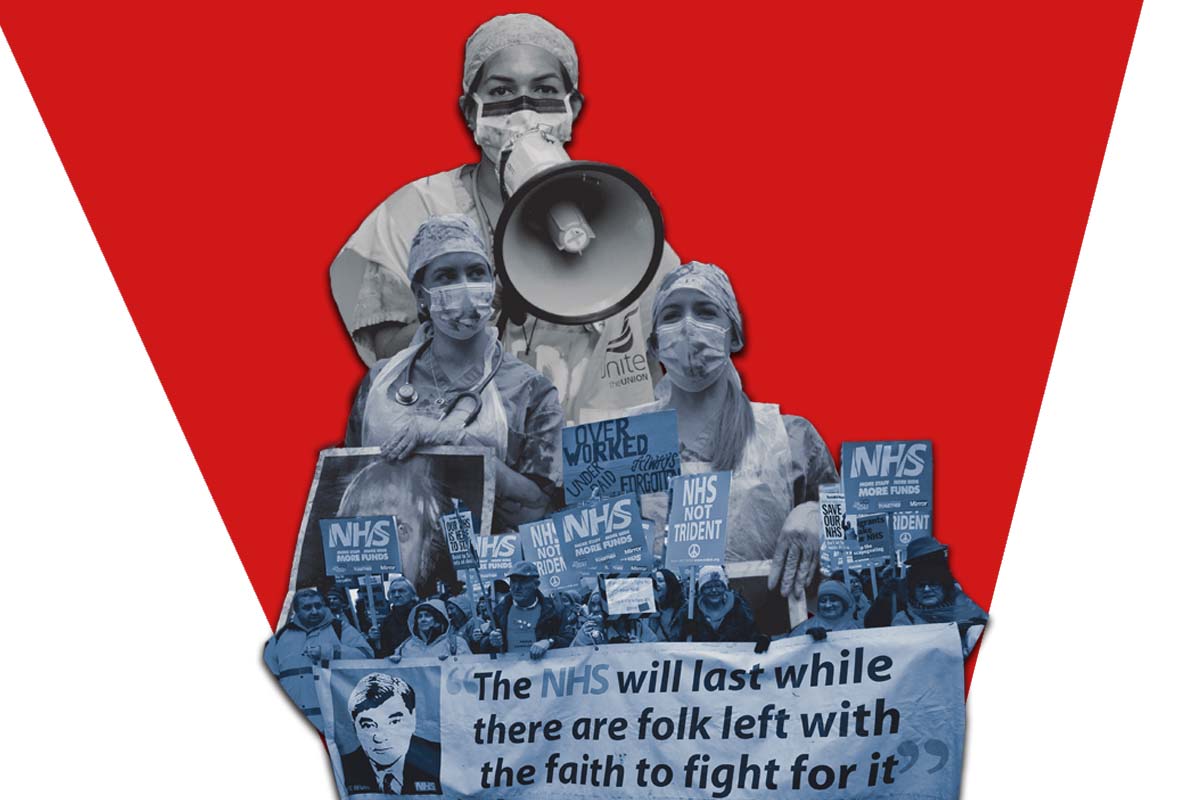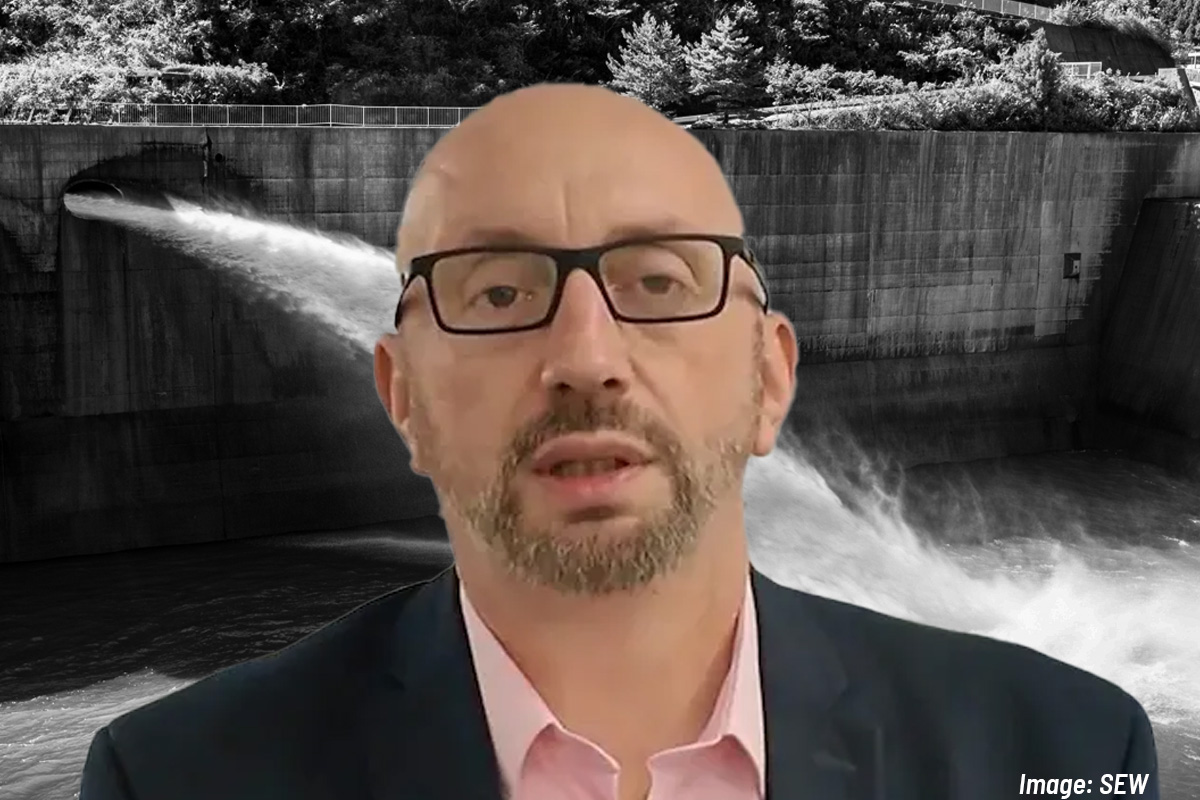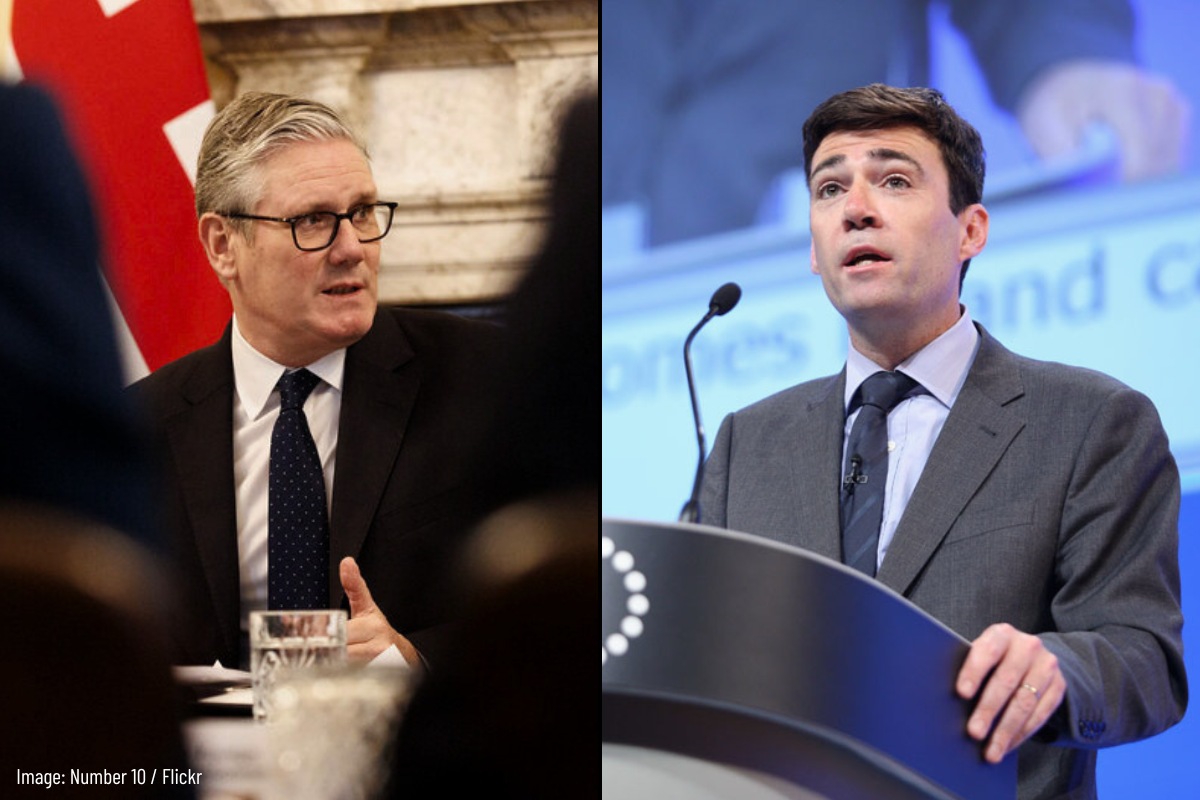Anyone in Britain who has recently attempted to access healthcare through the NHS is no doubt aware of the huge pressures that the institution is currently under.
This crisis has been brewing for years as a result of cuts and privatisation, and has only been exacerbated by the pandemic, which has pushed the NHS to the brink.
Currently, as of August this year, the backlog for NHS treatment stands at a whopping seven million patients. In September, just 57% of those attending major A&Es were seen within four hours – a record low. And as paramedics prepare to strike, heartbreaking stories are emerging in the news about the devastating impact of ever-increasing wait times for ambulances.
At the same time, staffing vacancies in the health service are at a critical level, with over 132,000 posts unfilled as of 1 September. This staggering figure represents 10% of the NHS workforce, and includes over 46,000 nursing posts.
Austerity
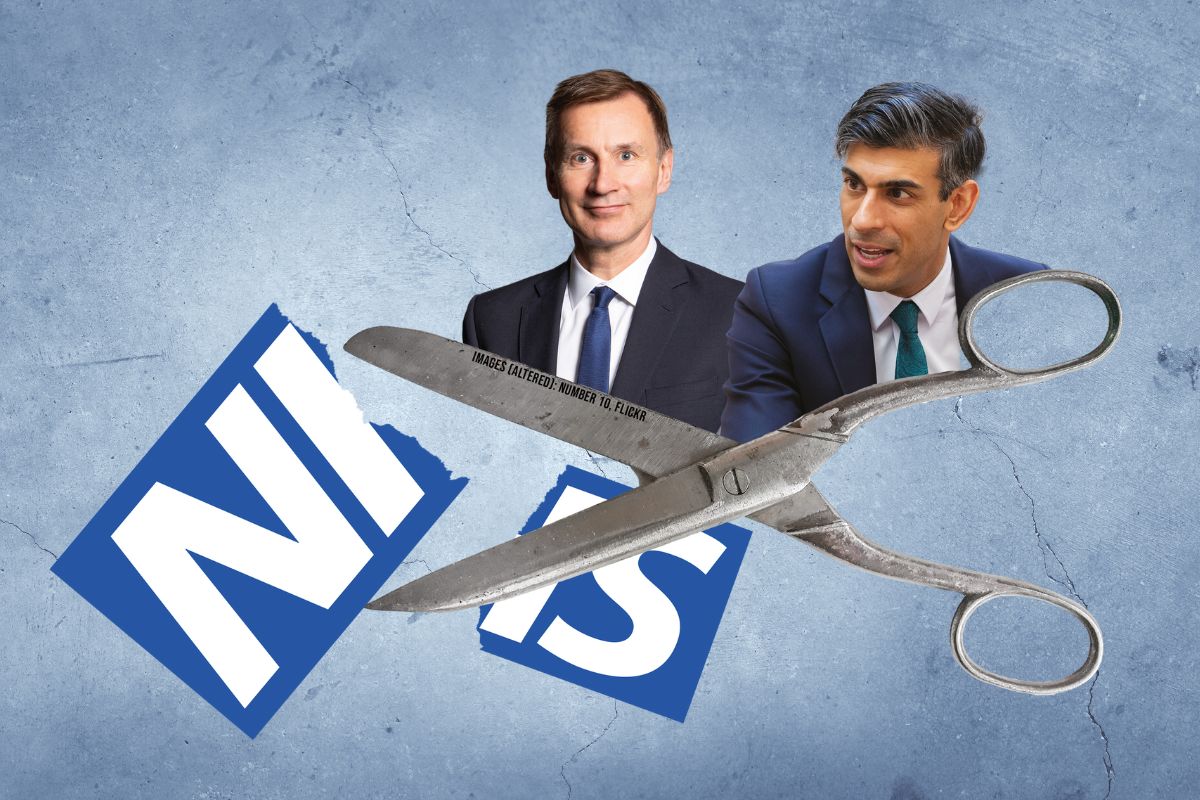
This is nothing new, of course. The Tories have been attacking the NHS for many years through huge cuts to funding, whilst opening the doors for parasitic private companies to profiteer from this publicly-funded service.
Staff shortages have been compounded by the removal of the nursing bursary by the Tories, back in 2016. This has led to a shocking 40% drop in student applications.
One recent study found that NHS nurses have suffered a 20% cut in real-term wages, and are working the equivalent of one day per week with no pay.
Anger
Attacked from every angle, Britain’s national health service is crumbling before our very eyes. But now the rumblings of the class struggle are building, ready to burst to the surface.
This month will see strikes breaking out across Britain’s healthcare service. Layers of workers who have never taken action before will do so for the first time. And further groups of NHS staff are set to join the fray in the new year.
For the first time in its 106-year history, the Royal College of Nursing (RCN) has declared a national strike. An estimated 100,000 nurses at 176 NHS organisations have voted for action, with a first wave of walkouts planned for 15 and 20 December across 76 public health employers.
Announcing the ballot results, RCN general secretary Pat Cullen said: “Anger has become action – our members are saying enough is enough…Our members will no longer tolerate a financial knife-edge at home and a raw deal at work.”
This indicates the massive pressure from below – and determination to fight – amongst the rank-and-file in the nursing profession.
Struggle
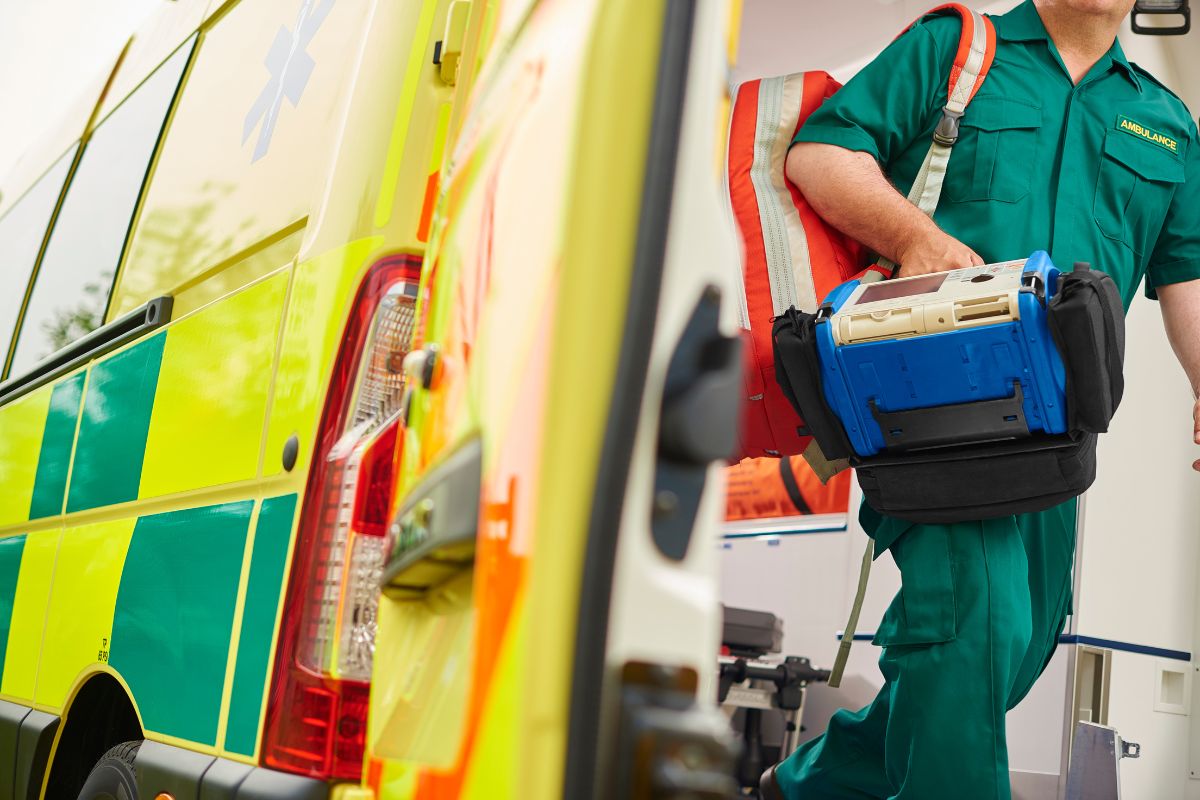
Other healthcare workers are clearly taking notice, with NHS staff across the board mobilising.
Today, for example, GMB, Unite, and Unison announced plans for coordinated action amongst members in the ambulance service on 21 December. This will be followed by a further walkout on 28 December.
Thousands of paramedics, 999 call-handlers, technicians and other employees across ten ambulance trusts will be taking action over pay – the biggest such strike in 30 years. Consequently, ministers are planning to call in the army as cover.
The British Medical Association, meanwhile, is planning on balloting junior doctors in January, in a dispute over pay.
Unite the Union is also currently balloting almost 10,000 members across 35 NHS trusts, with general secretary Sharon Graham stating: “Unite members are now fighting for the very existence of the NHS itself…make no mistake, our NHS is under siege.”
The trend is clear. Professions and roles previously regarded as a ‘job for life’, offering decent wages and conditions, such as doctors and nurses, have become casualised, unstable, and low paying – a reflection of capitalism’s race to the bottom.
Attack
Scandalously, in an effort to divert attention away from their own role in the destruction and dismantling of the NHS, the Tories have stooped to a new low, accusing striking NHS workers of being Putin stooges.
Speaking to Sky News on Sunday, Tory minister Nadhim Zahawi suggested that health workers’ demands for higher wages would fuel inflation, playing into the hands of the Russian president.
Nadhim Zahawi tells nurses to “send a very clear message to Mr Putin” by accepting another real-terms pay cut. pic.twitter.com/qQ8NmJTFUf
— Adam Bienkov (@AdamBienkov) December 4, 2022
“Today, another multi-millionaire government minister has chosen to attack ordinary workers whose only crime has been to refuse to take a pay cut,” asserted Sharon Graham, responding to Zahawi’s ludicrous claim.
“Nadhim Zahawi’s allegation that Britain’s nurses, ambulance drivers and teachers are allies of Vladimir Putin is as ridiculous as it is disgraceful,” the Unite leader continued, hitting back against the Tories.
“Rather than running down our NHS in an act of catastrophic self-harm and threatening to bring in the military, the minister should instead ask himself why health staff are leaving in droves. The truth is, if pay and conditions are not dramatically improved, no army will be big enough to cover the vacancies, never mind strikes.”
Leadership
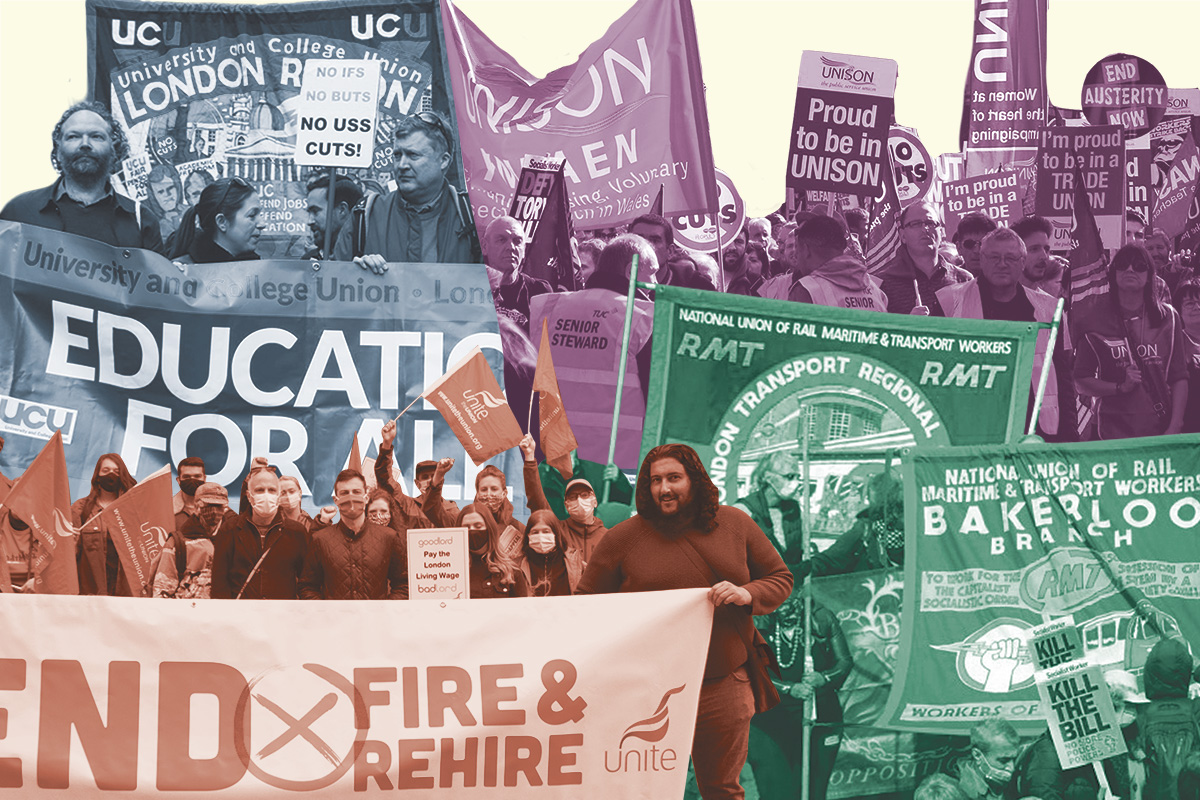
Unfortunately, the majority of Unison members in the NHS will not be joining their colleagues in taking action in the immediate future, after a recent pay ballot by the union fell short.
Support for action was high amongst those who voted, with 88% backing strikes. But reports indicate that a lack of union activists, combined with demoralisation amongst rank-and-file members after years of foot-dragging and sellouts from the leadership, contributed towards a low overall turnout of just 34%.
This shows that workers’ militancy cannot be turned on and off like a tap.
Events and conditions are clearly pushing ever-greater layers of workers towards taking action. At the same time, however, the passivity and conservatism of Unison’s right-wing leadership has bred a lack of confidence amongst members, and has gutted the union of grassroots activists who can help to bring out the vote for vital campaigns such as this.
This shows the vital need for fighting leadership at the head of our unions, committed to mobilising workers around clear socialist policies.
Action
With the possibility of hundreds of thousands of workers – across five major unions – on strike within the NHS, it is vital that the whole movement comes together to plan and coordinate action.
Only united action across the trade union movement can defend the NHS against destruction, and prevent the Tories and bosses from making workers pay for yet another crisis they didn’t cause.
This means going beyond one-day marches and isolated strikes, and overcoming the narrow perspective of bureaucratic leaders, who see other unions as competition, rather than as comrades.
Instead, what we need is coordinated, hard-hitting, rolling strike action – not only in the NHS, but across the public sector and the labour movement – aimed at toppling the Tories and their system.
Socialism
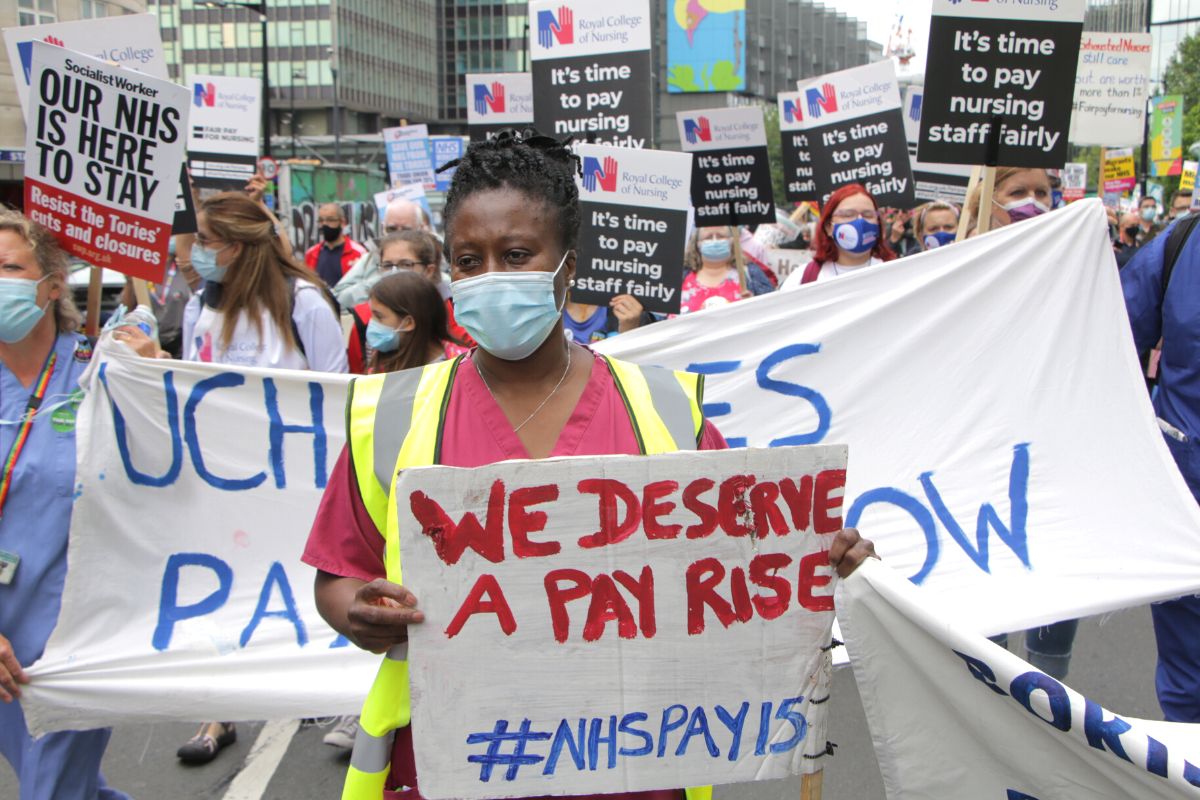
To save our public services, this must be linked to a bold socialist programme, including the expropriation of the billionaires, bankers, and major monopolies – including the private healthcare racket and Big Pharma firms – without compensation.
Furthermore, we need to put workers in control. Nurses, doctors, administrative staff, and workers on the ground: these are the people who really know how to run the NHS – far better, in fact, than the executives who sit in plush offices, far from the frontlines.
The same goes for every workplace. It’s high time that we transformed society along socialist lines, to be run by the working class, for the working class.
Together, workers have the power to turn the tide. It is our NHS to defend, and our world to win.

